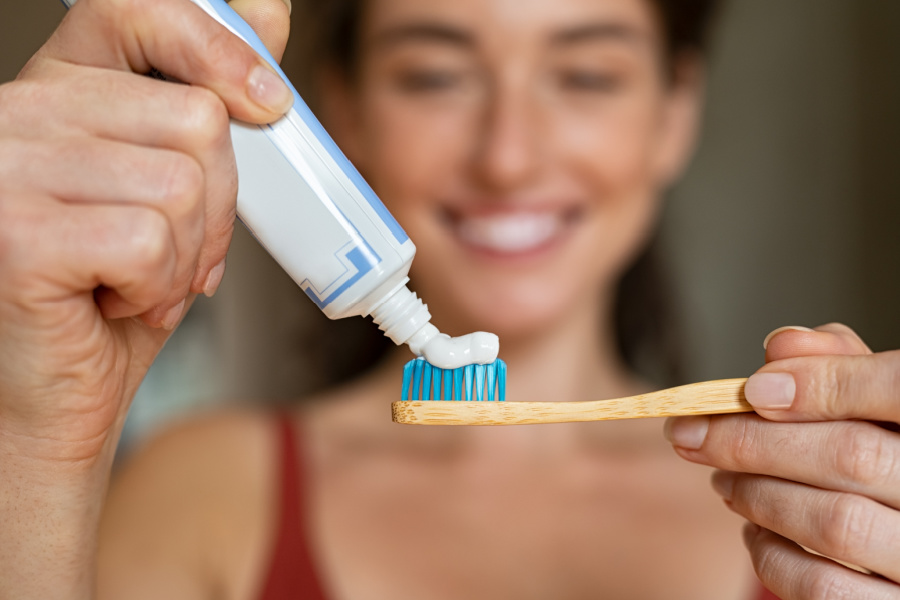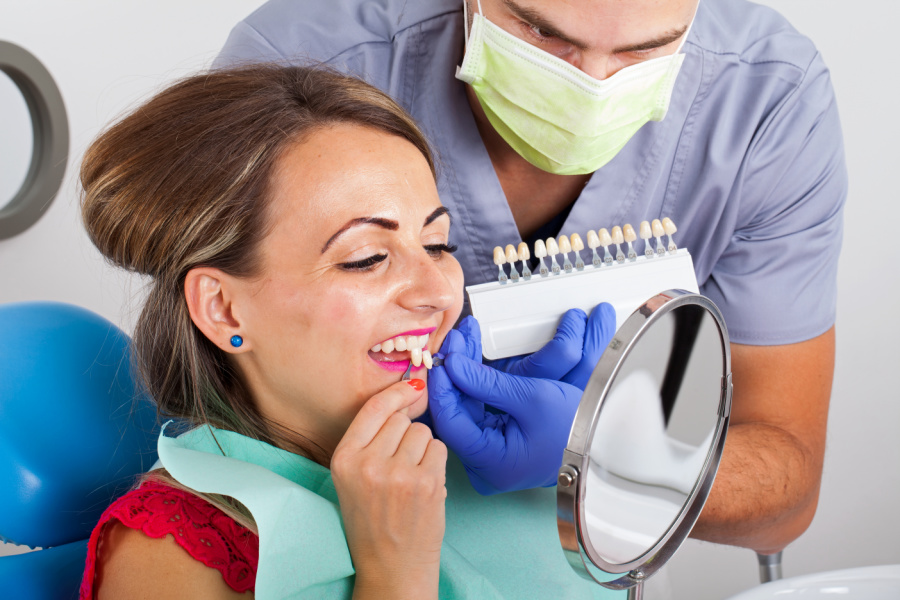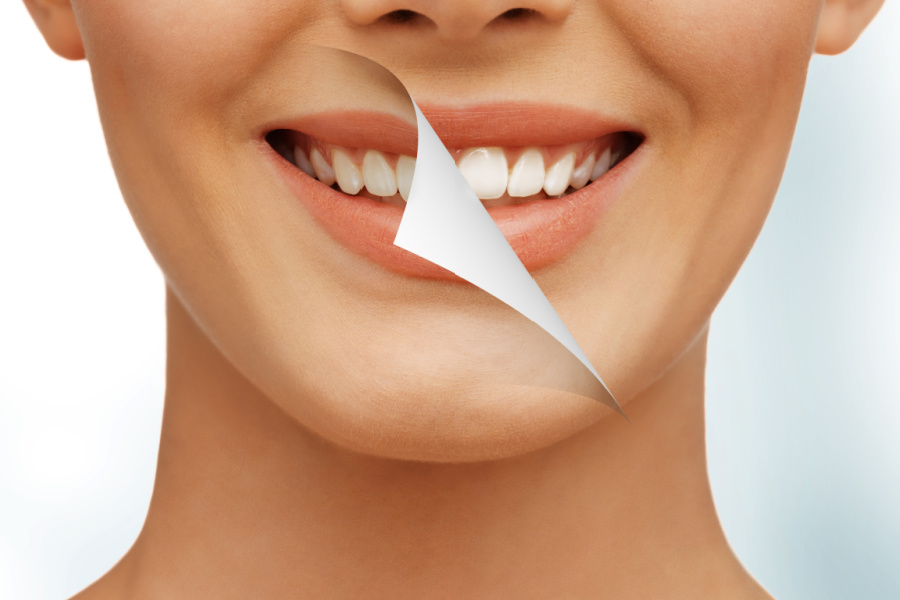
Maintaining a healthy mouth is about far more than just a bright smile—it’s essential for your overall health. Poor oral hygiene can contribute to issues like gum disease, tooth decay, and even affect conditions such as diabetes. By developing strong oral care habits, you can protect both your teeth and your general wellbeing.
Oral hygiene refers to the care of your mouth, including your teeth, gums, tongue, and other soft tissues. Proper oral care keeps teeth clean, gums healthy, and breath fresh. It involves not only brushing and flossing but also caring for areas like the roof of the mouth, cheeks, and tongue.
The mouth is one of the main entry points for bacteria, viruses, and germs. Healthy teeth and gums help protect your body by controlling these germs. Without proper care, harmful bacteria can flourish, leading to infections such as tooth decay and gum disease.
Establishing good habits early in life—and maintaining them as you age—helps ensure healthier teeth, gums, and overall health for years to come.
1. Brush twice a day
Brush your teeth for at least two minutes, ideally after meals. Focus on proper technique, covering all tooth surfaces without rushing.
2. Don’t forget your tongue
Bacteria can build up on your tongue, contributing to bad breath and other issues. Brush or scrape your tongue once or twice daily for a fresher mouth.
3. Floss daily
Brushing alone cleans only about 60% of your tooth surfaces. Flossing removes plaque and food debris between teeth and under the gumline. Interdental brushes or water flossers are great alternatives if traditional floss is tricky.
4. Use mouthwash for extra protection
Mouthwash helps reduce bacteria, freshen breath, and protect against cavities. Choose one that suits your needs, such as alcohol-free for sensitivity or fluoride-based for extra protection.
5. Replace your toothbrush regularly
Worn bristles don’t clean effectively and can damage gums. Replace manual toothbrushes every 3–4 months and electric brush heads as recommended by the manufacturer.
6. Get professional cleanings
Dental professionals can remove plaque and tartar that regular brushing and flossing can’t. Regular cleanings—once or twice a year—keep teeth healthy and bright.
7. Reduce sugar intake
Bacteria feed on sugar, increasing the risk of tooth decay. Swap sugary snacks for tooth-friendly alternatives like vegetables, cheese, and nuts. Rinse your mouth with water after sweet treats, and wait at least 30 minutes before brushing to protect enamel.
8. Eat a tooth-friendly diet
Calcium- and phosphorus-rich foods, crunchy fruits, and vegetables help strengthen teeth naturally. Cheese, yogurt, apples, and carrots can also neutralize acids and aid oral health.
9. Avoid smoking
Smoking increases the risk of gum disease, oral cancer, tooth loss, and slower healing after procedures. Quitting benefits both your mouth and overall health.
10. Attend regular dental check-ups
Routine dental visits every 6–12 months allow early detection of issues, helping prevent more serious problems later.
Good oral hygiene doesn’t have to be complicated, but it does require consistency. By following these simple tips, you can maintain a healthy, confident smile and support your overall wellbeing.


